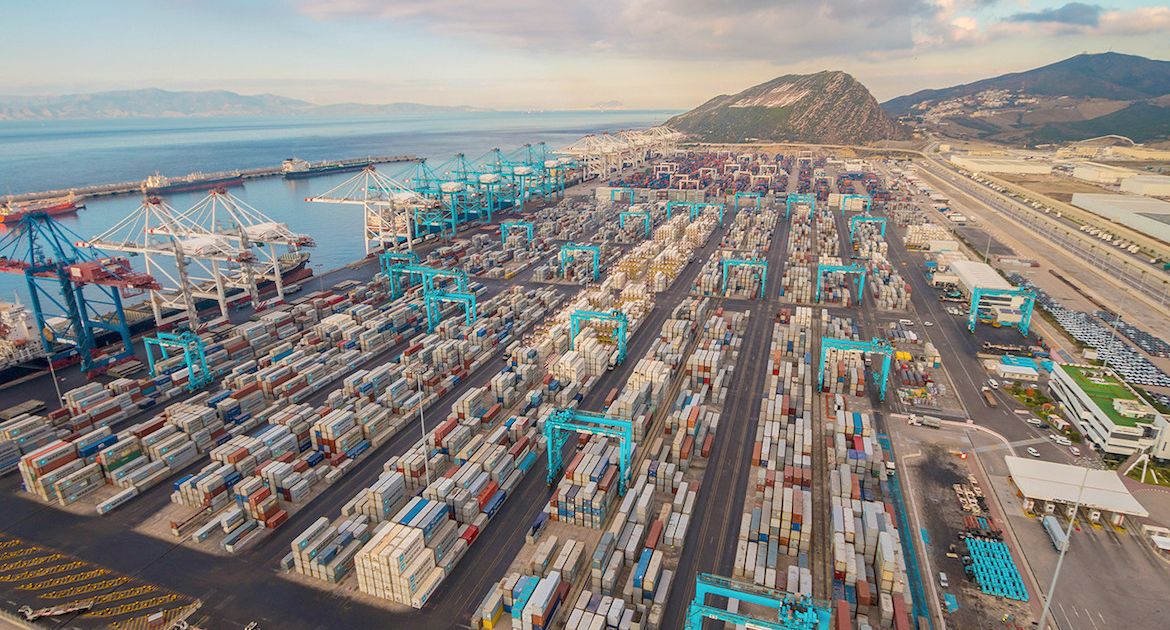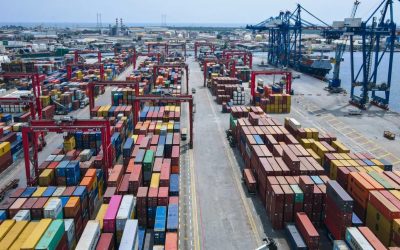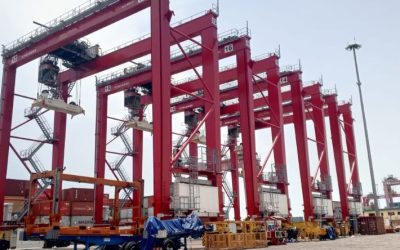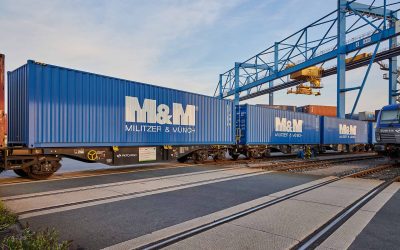Between unforeseen detours and maritime traffic jams, life is no picnic for port operations. Discover the story of a logistical storm that was narrowly avoided, and which highlights the growing challenges facing the global maritime sector.
The recent bad weather off the Moroccan coast has had a considerable impact on port operations in Morocco. According to a major player in the logistics sector, "the intense weather situation has led to significant disruption affecting a substantial number of vessels". Although the situation only lasted a few days, it is no less worrying for maritime supply chains.
"Several ships were affected," says our source, who points out that this disruption affected all ports in the Mediterranean region. The longer delays affected "all goods, both exports and imports for domestic flows".
Multifactorial causes
While difficult weather conditions are an undeniable factor, they are not the only cause of these disruptions. "Changes to shipping lines' itineraries following problems with the Suez Canal have created a certain slowdown," explains our expert.
Indeed, the recent congestion of the Suez Canal has forced many ships to take alternative routes, increasing pressure on other shipping lanes. Morocco, a strategic logistics hub, could not escape these challenges.
Port resilience put to the test
Despite massive investment in infrastructure at Tanger Med, ranked among the world's top 20 ports by Alphaliner, saturation point also seems to have been reached. This situation is all the more worrying given the exponential growth in traffic at the port in recent years.
« Les extensions et investissements permettent d’absorber les augmentations de volumes » en temps normal, tempère toutefois notre intervenant. Mais lorsque surviennent des chocs exogènes comme une tempête ou une crise du Canal de Suez, la résilience est mise à rude épreuve.
Dénouement de la crise
According to our expert, "a gradual improvement in the situation" is underway. A lull that would be facilitated by "the joint efforts of public and private stakeholders".
In this respect, Moroccan customs' recent announcement of 24/7 customs clearance is a positive signal. "We welcome this responsiveness, which supports economic operators", says our source, calling on other control administrations to follow suit.
Challenges and prospects for the sector
Beyond the specific case of Moroccan ports, these logistical disruptions raise fundamental questions for the entire global maritime sector.
The growing interdependence of economies and the hyper-specialization of production zones represent a major challenge for the fluidity of trade. A simple local disruption can quickly have repercussions on global supply chains.
In this context, the role of a hub is essential but vulnerable. Enhanced coordination between public and private parties" seems essential to manage this type of situation in the future. Our expert also calls for "economic operators and stakeholders to work 24/7" to increase responsiveness.
Finally, the episode demonstrates the need to rethink our logistics models to make them more agile and resilient in the face of shocks. Increased investment in digitalization and sustainable shipping solutions could be the key to turning the corner.
TEYA JEAN



















0 Comments